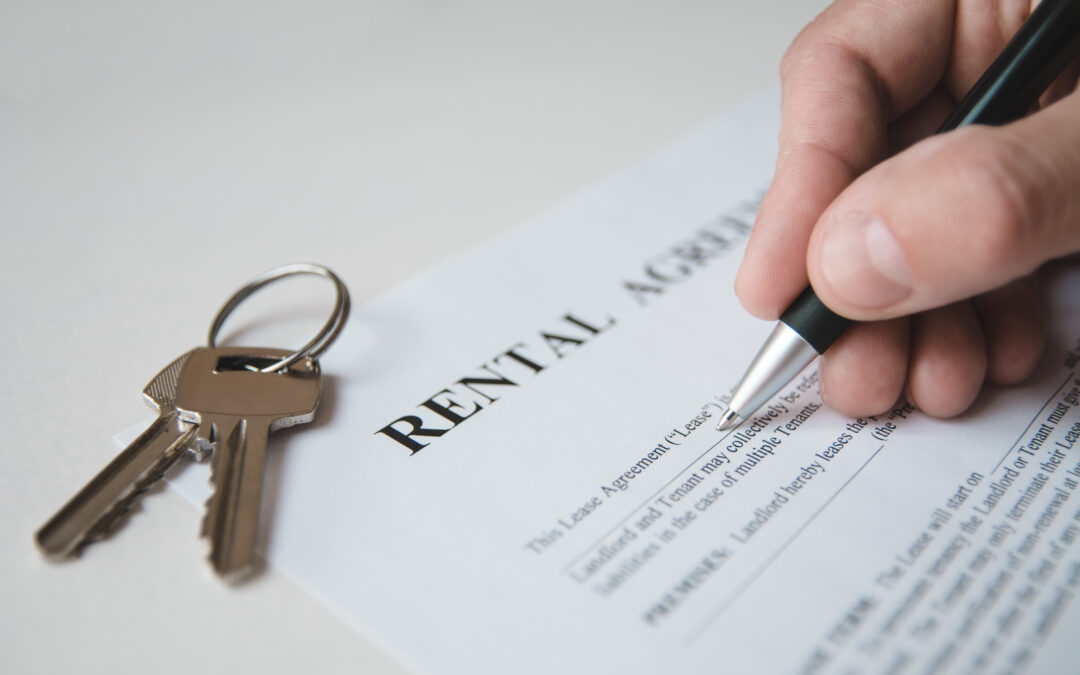When a loved one is arrested, securing their release quickly is often the priority. However, if the bail amount is too high, a cosigner is typically required by bail bond agencies to secure the bond. A cosigner plays a vital role in guaranteeing the defendant’s release and assuming certain responsibilities to ensure the defendant meets all court requirements. Here’s a guide on the requirements for cosigning a bail bond and what it entails.
Who Can Be a Cosigner?
A cosigner, also called an indemnitor, is usually a family member or close friend who guarantees the bail bond on behalf of the defendant. Bail bond agencies often require cosigners to meet certain qualifications, which include:
- Financial Stability: Cosigners must demonstrate reliable income or financial resources. This ensures they can cover the full bail amount if the defendant fails to appear in court.
- Good Credit History: A solid credit score and financial background are often necessary to be accepted as a cosigner, as this indicates the individual’s reliability.
- Relationship with the Defendant: Bail bondsmen prefer cosigners who have a close, vested interest in ensuring the defendant complies with court conditions, such as immediate family members
Responsibilities of a Bail Bond Cosigner
As a cosigner, you are responsible for:- Paying the Bail Premium: The premium, usually 10-15% of the bail amount, is non-refundable and covers the fee for the bail bond service.
- Ensuring Court Appearances: Cosigners must ensure the defendant attends all scheduled court dates. Failure to appear can lead to bail forfeiture, where the full bail amount becomes due.
- Covering Additional Costs: If the defendant fails to meet bail conditions or appears in court, the cosigner may also be liable for added costs, such as bounty hunter fees if the defendant skips bail.
Risks of Being a Cosigner
Cosigning a bail bond comes with significant risks:
- Financial Liability: If the defendant fails to appear, the cosigner may need to cover the entire bail amount or surrender any collateral pledged.
- Strain on Relationships: Cosigning often requires regular involvement to ensure the defendant complies with court orders, which can create stress within personal relationships.
- Potential for Loss of Collateral: If collateral, like property, was pledged for the bail, it could be at risk if the defendant does not fulfill their obligations.
How to Minimize Risk
Being a cosigner can be daunting, but there are ways to reduce potential risks:- Choose Wisely: Before agreeing to cosign, ensure you have trust in the defendant’s commitment to attend court.
- Stay Involved: Keep close communication with the defendant to remind them of obligations and court dates.
- Consult the Bail Bondsman: Ask questions and understand your rights. Some agencies allow cosigners to withdraw support under certain conditions if concerns arise about the defendant’s reliability.





